Use the form below and one of our team members will get back to you
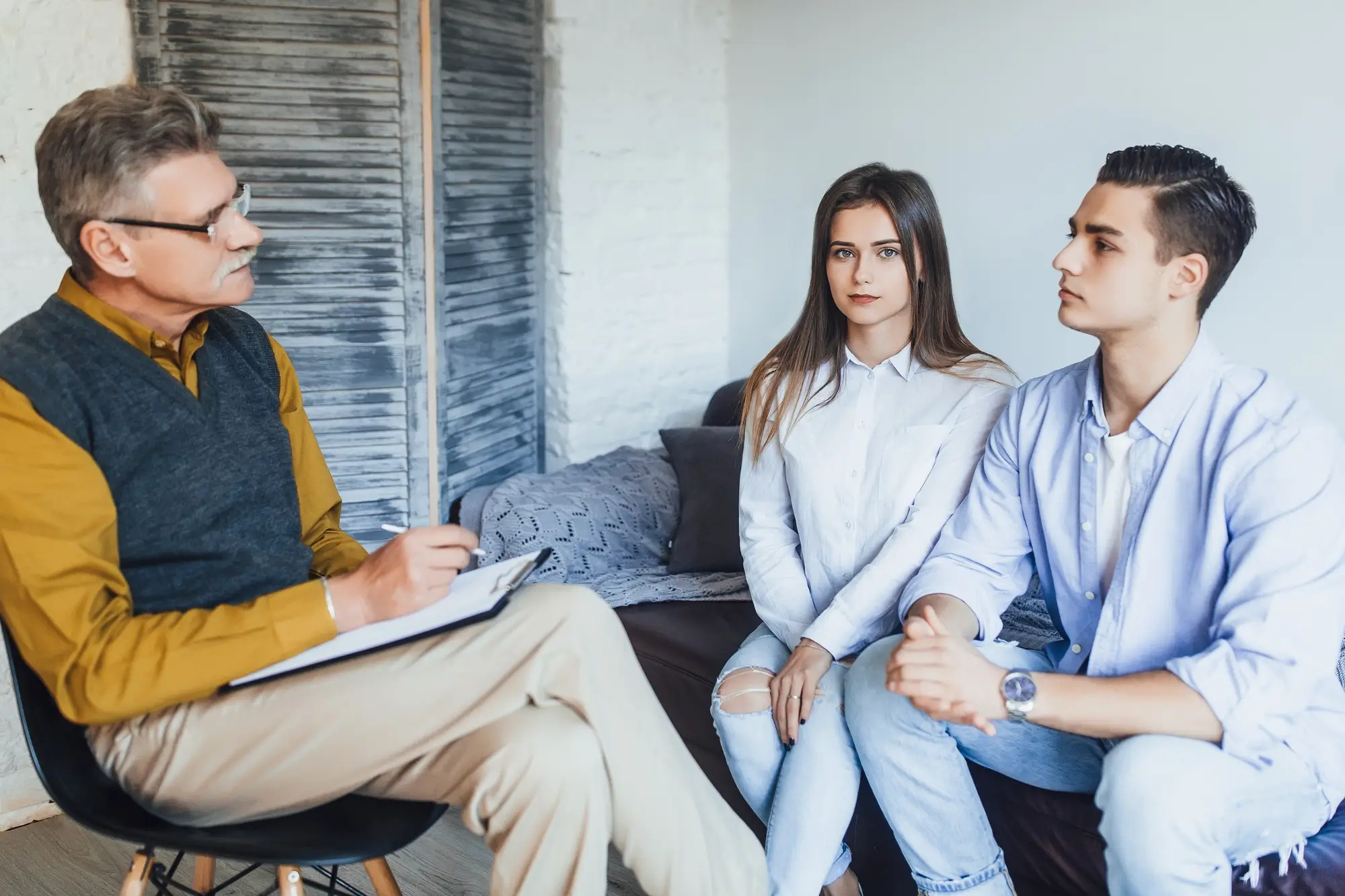
At Pinnacle Health, we understand that recovery is a deeply personal journey, and no two paths to sobriety are the same. That’s why we offer a full continuum of care designed to meet you wherever you are in your recovery process. Our evidence-based treatment programs provide the foundation for lasting sobriety, combining medical expertise with compassionate support to help you reclaim control of your life.
The first step toward freedom from addiction
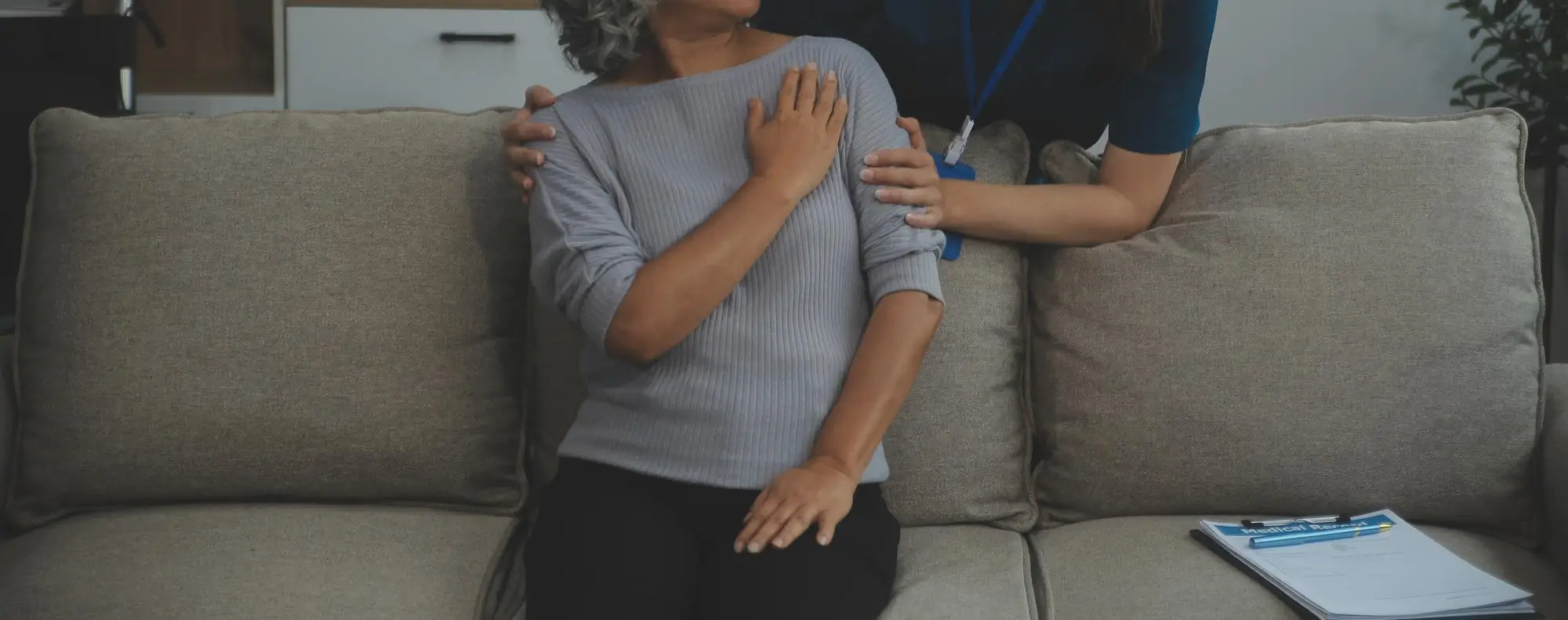
Detoxification is the natural process your body goes through to eliminate drugs, alcohol, and other toxins. However, detoxing alone can be challenging and even dangerous. Our medically-supervised detox program provides the safe, supportive environment you need to begin your recovery journey with confidence.
What Makes Our Medical Detox Different
Expert Medical Care
Our team of medical doctors, registered nurses, and trained support staff monitor your symptoms 24/7, prescribe medications when appropriate, and provide therapeutic treatments to alleviate withdrawal symptoms.
Personalized Treatment Plans
Each detox experience is tailored to your specific needs, considering the substances involved, your medical history, and individual circumstances.
Comprehensive Support
Beyond medical stabilization, you may participate in group therapy, meditation, and yoga to support your overall well-being.
24/7 Medical Support
Round-the-clock medical and emotional support ensures your safety and well-being throughout your stay.
The Four Phases of Residential Treatment
01
Comprehensive evaluation and personalized treatment plan development
02
Safe, supervised detox process with medical monitoring
03
Intensive therapy sessions, peer support groups, and educational workshops
04
Development of your individualized plan for continued recovery support
Detoxification is the natural process your body goes through to eliminate drugs, alcohol, and other toxins. However, detoxing alone can be challenging and even dangerous. Our medically-supervised detox program provides the safe, supportive environment you need to begin your recovery journey with confidence.
Immersive Environment
Remove yourself from triggers and temptations while focusing entirely on healing and recovery.
Peer Support
Connect with others who understand your journey, building lasting relationships that support long-term sobriety.
Skill Development
Learn and practice essential coping strategies and life skills in a supportive setting before returning to daily life.
Family Integration
Many programs include family therapy to help repair relationships and build stronger support systems.
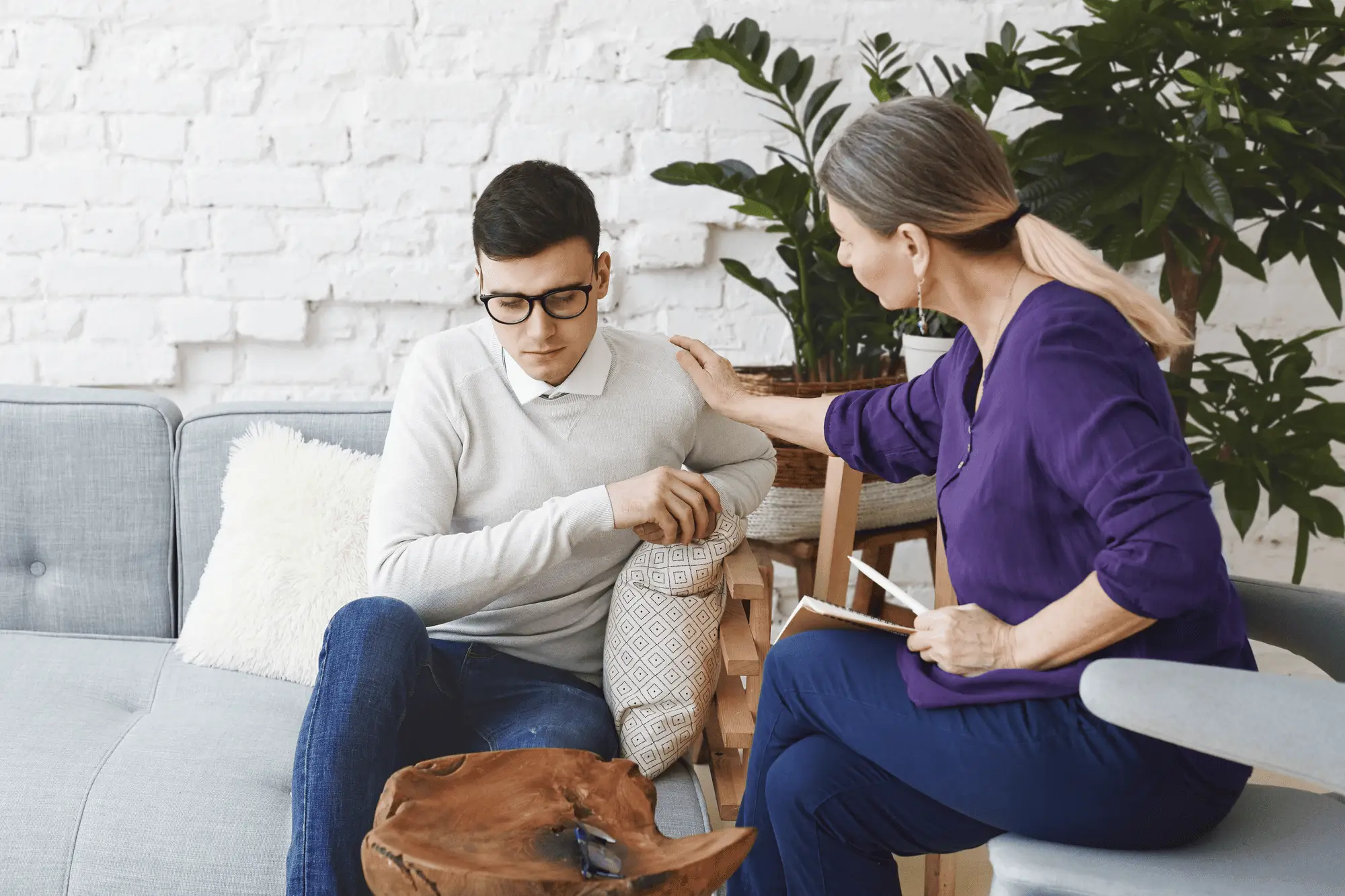
Comprehensive care that fits your life
Our outpatient programs provide structured support while allowing you to maintain your work, family, and daily responsibilities. This flexible approach is ideal for those stepping down from residential care or individuals who need intensive support but cannot commit to residential treatment
Schedule Flexibility
Attend therapy sessions during evenings, weekends, or times that work with your commitments.
Real-Life Application
Immediately apply the coping strategies and skills you learn to real-world situations, strengthening your recovery foundation.
Community Integration
Learn and practice essential coping strategies and life skills in a supportive setting before returning to daily life.
Cost-Effective Care
Receive comprehensive treatment at a more affordable level than residential programs.
Cost-Effective Care
Receive comprehensive treatment at a more affordable level than residential programs.

01
Combination of individual counseling, group therapy, psychoeducation, and medical check-ins addresses all aspects of addiction recovery.
02
Treatment plans are tailored to your specific needs, considering addiction severity, mental health status, and personal goals.
03
Access to local support groups, peer networks, and community resources extends your support beyond treatment sessions.
04
Address not only addiction but also co-occurring mental health issues, relationship challenges, and life skills development.

We’re here to help you find your path
Selecting the appropriate level of care depends on several factors, including the severity of your addiction, your support system, work and family obligations, and previous treatment history. Our experienced admissions counselors will work with you to determine the best starting point for your recovery journey.
How We Help You Decide
During your confidential consultation, we’ll assess:
Your current substance use patterns and medical needs
Previous treatment experiences
Mental health considerations
Family and work obligations
Insurance coverage and financial considerations
Personal preferences and goals
Seamless Transitions Between Levels
Recovery is rarely a straight line, and your needs may change throughout your journey. Our integrated approach allows for seamless transitions between levels of care, ensuring you always receive the appropriate intensity of support.
Take the first courageous step toward lasting sobriety

Seeking help for addiction is one of the most courageous decisions you can make. Whether you’re ready for intensive residential treatment, need the safety of medical detox, or prefer the flexibility of outpatient care, we’re here to support you every step of the way.
Our dedicated admissions counselors are available 24/7 to discuss your treatment options, verify your insurance benefits, and help you begin your journey to recovery. Don’t wait another day to reclaim your life. Contact us today to learn more about our programs.
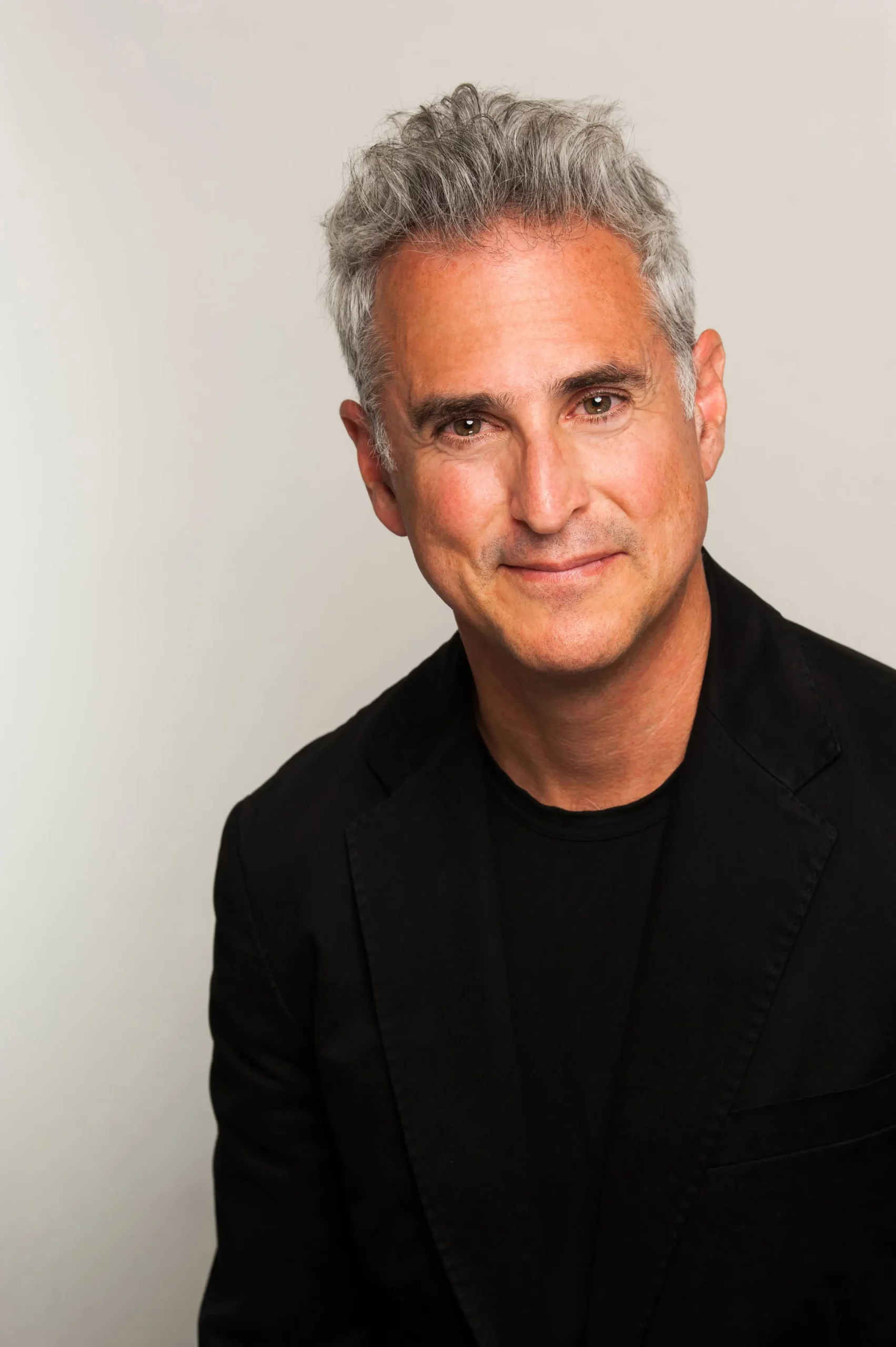
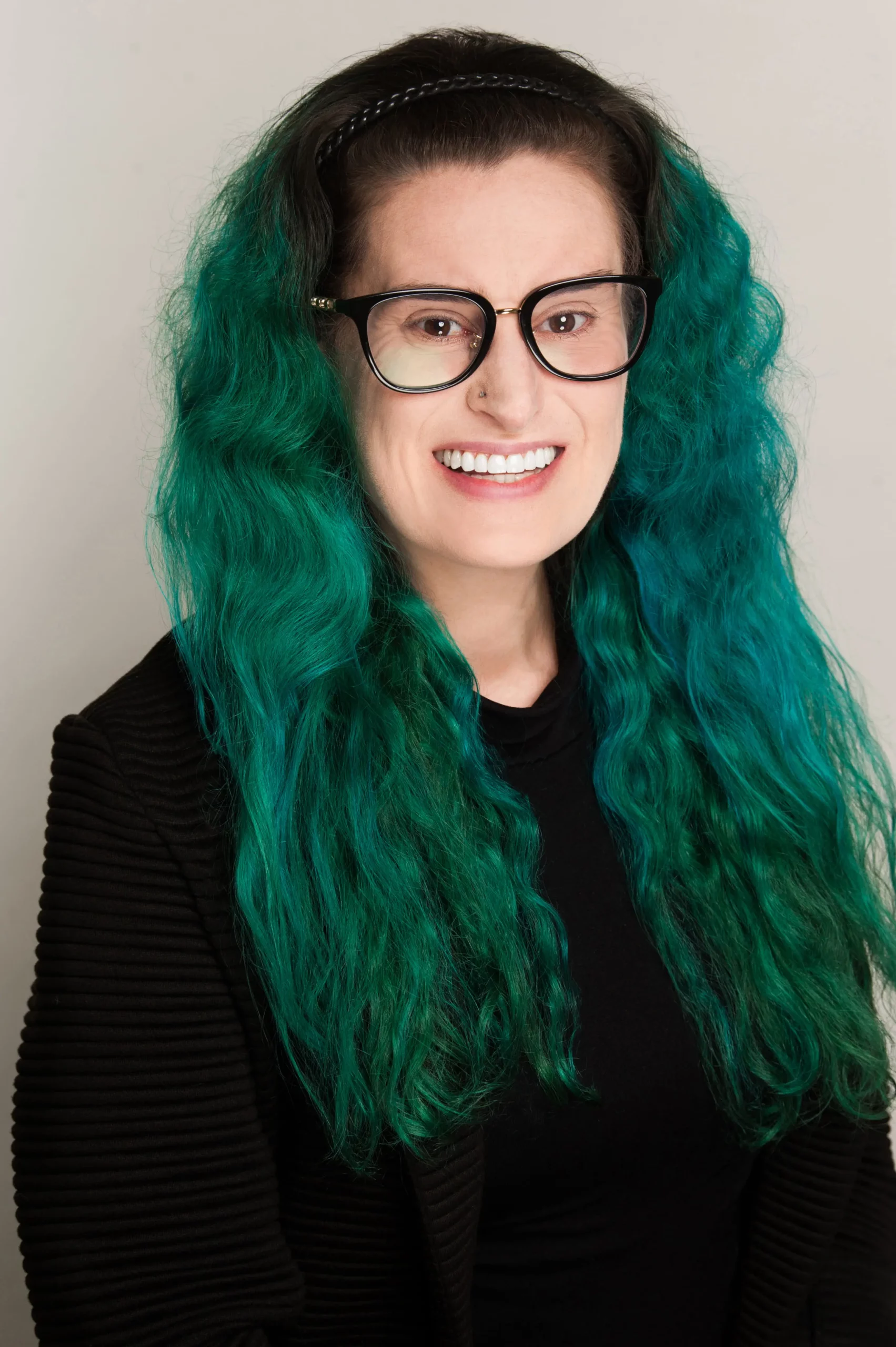
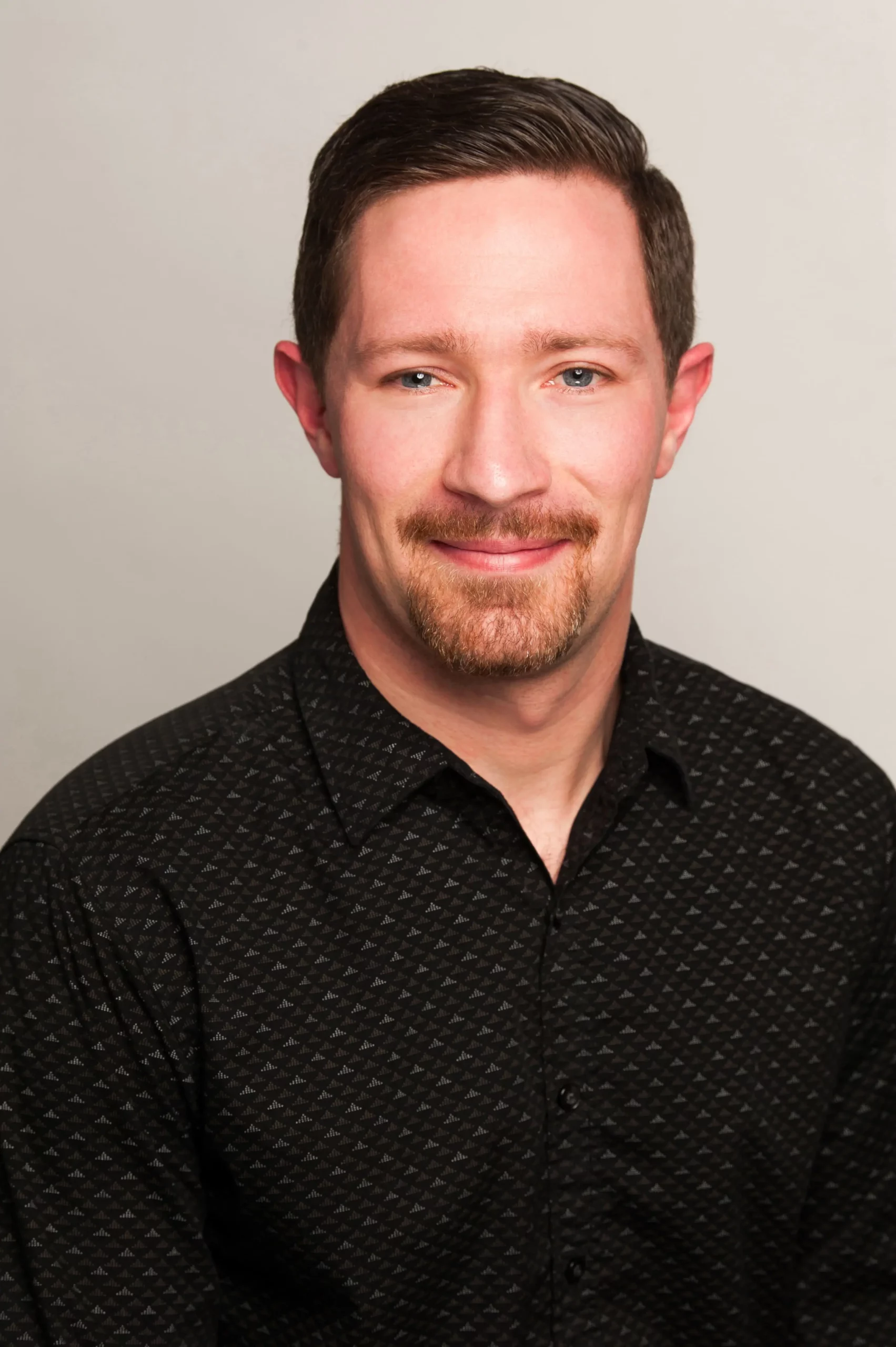
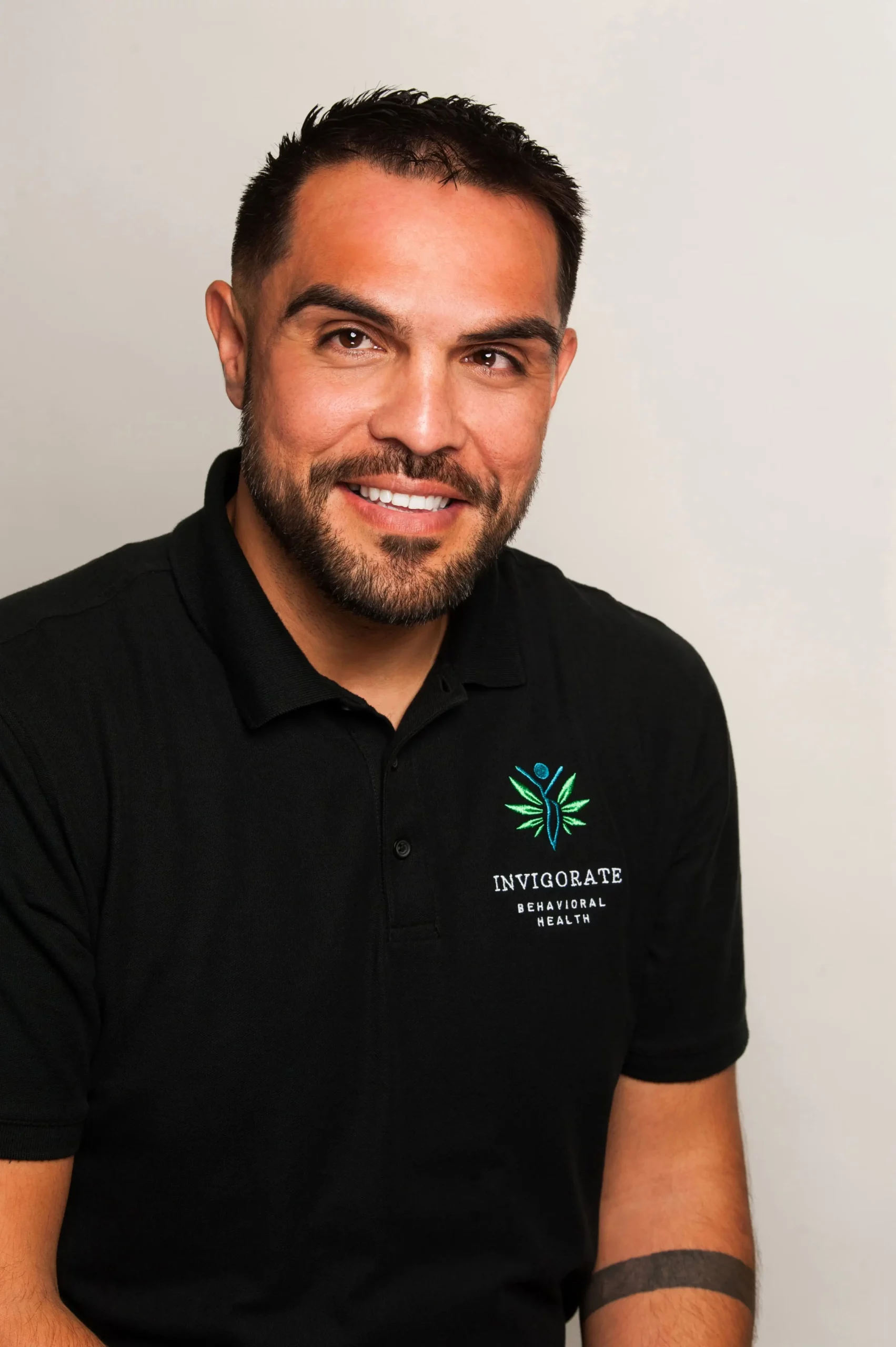
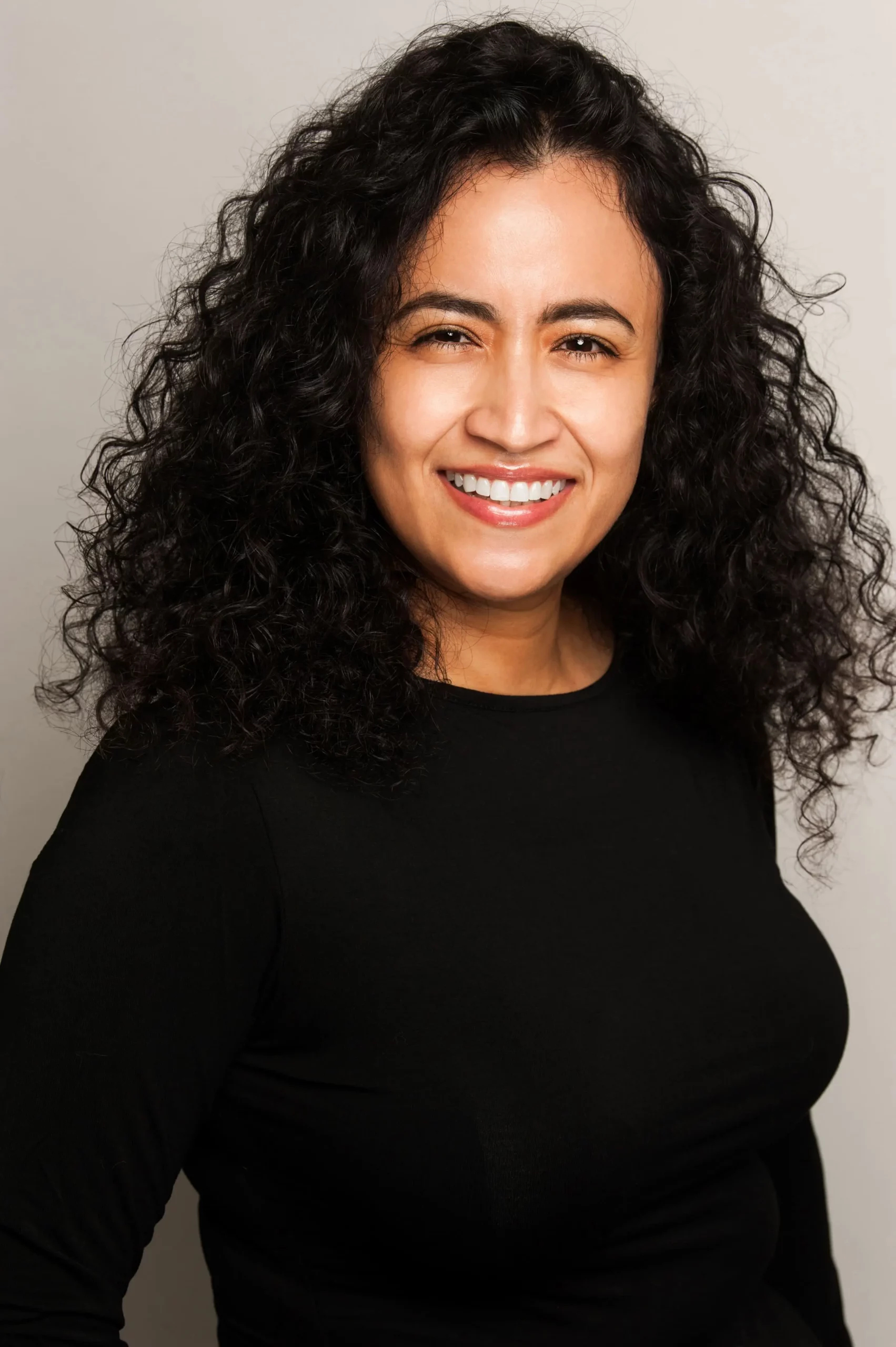
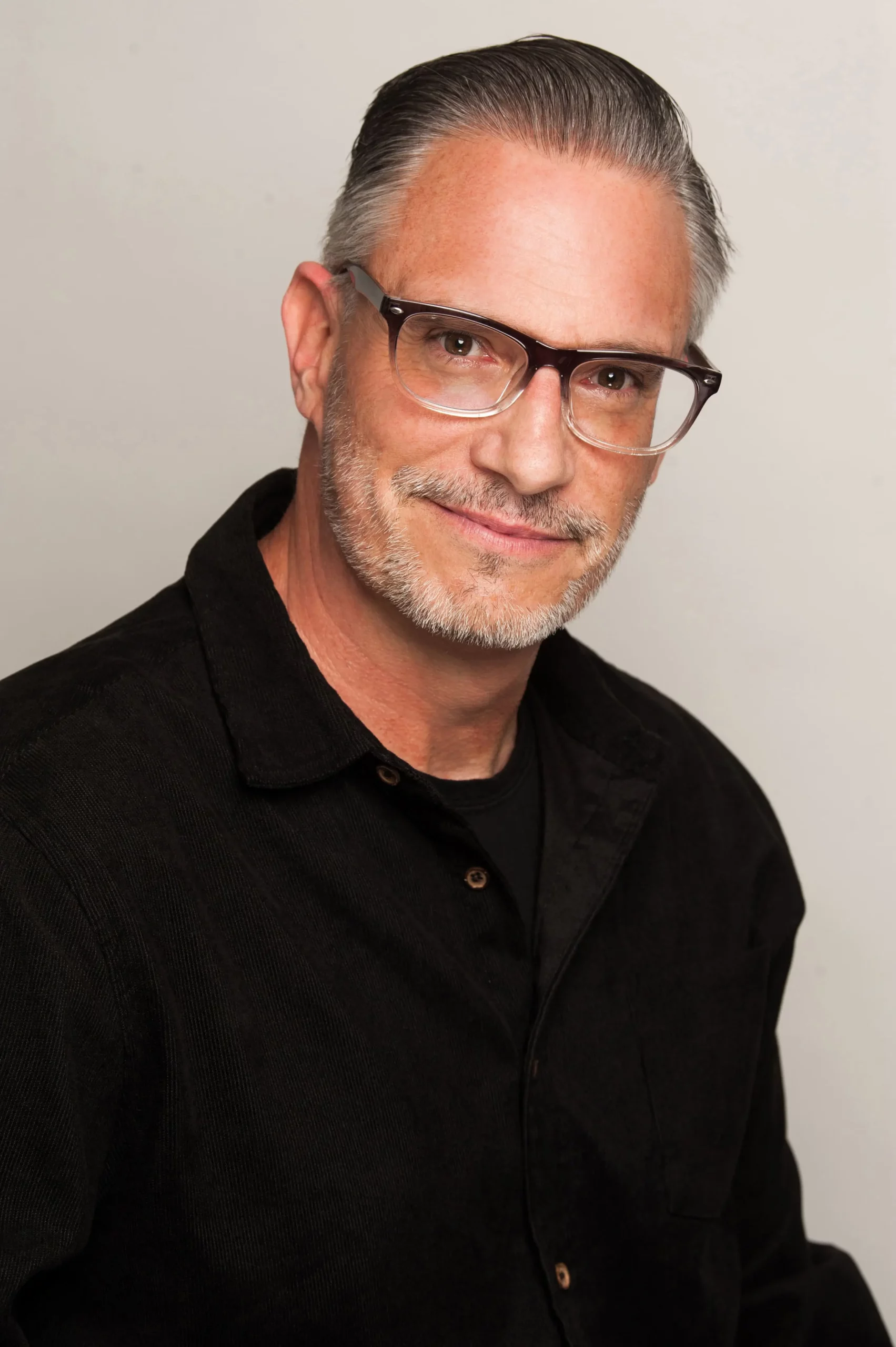
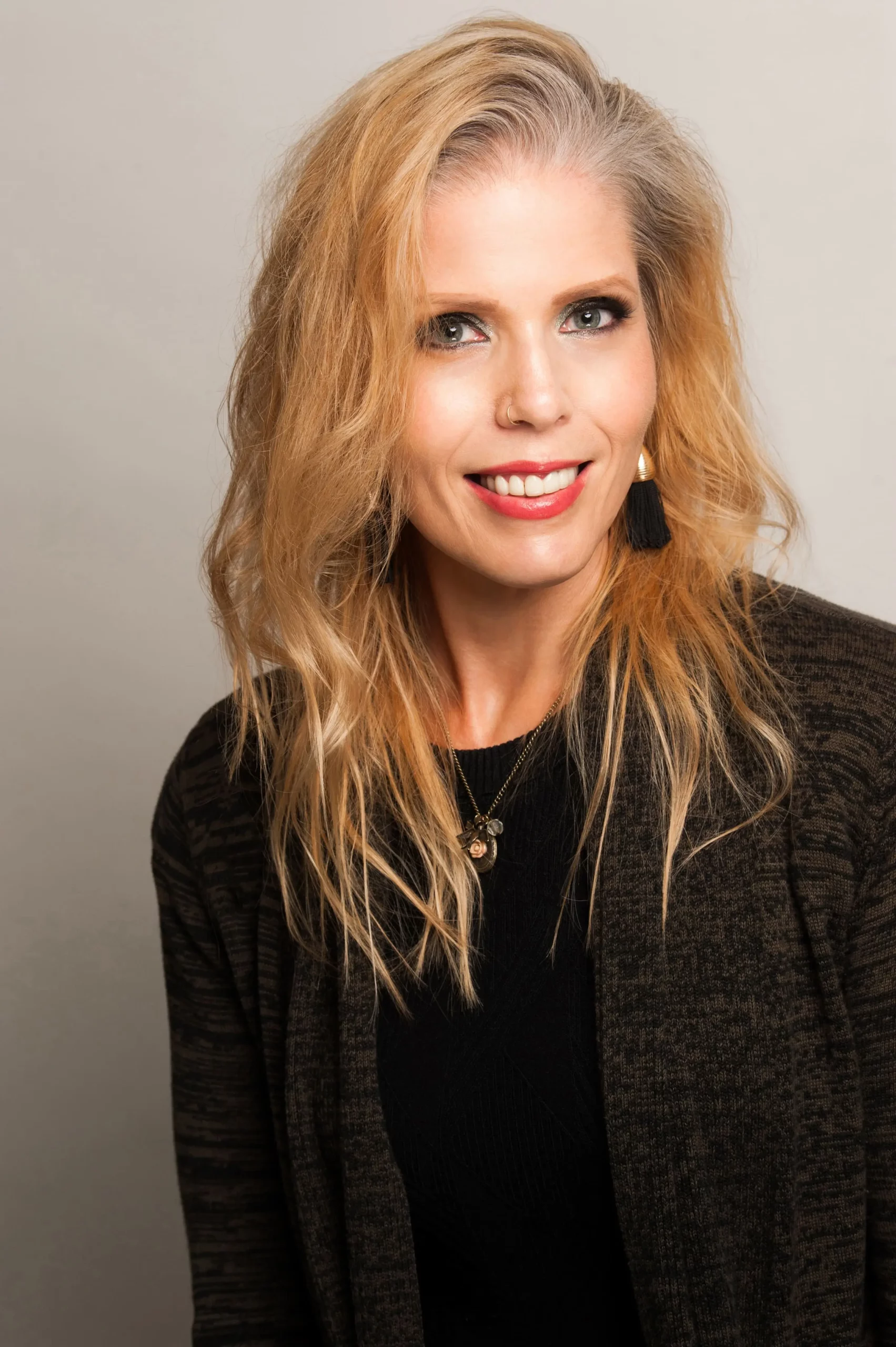
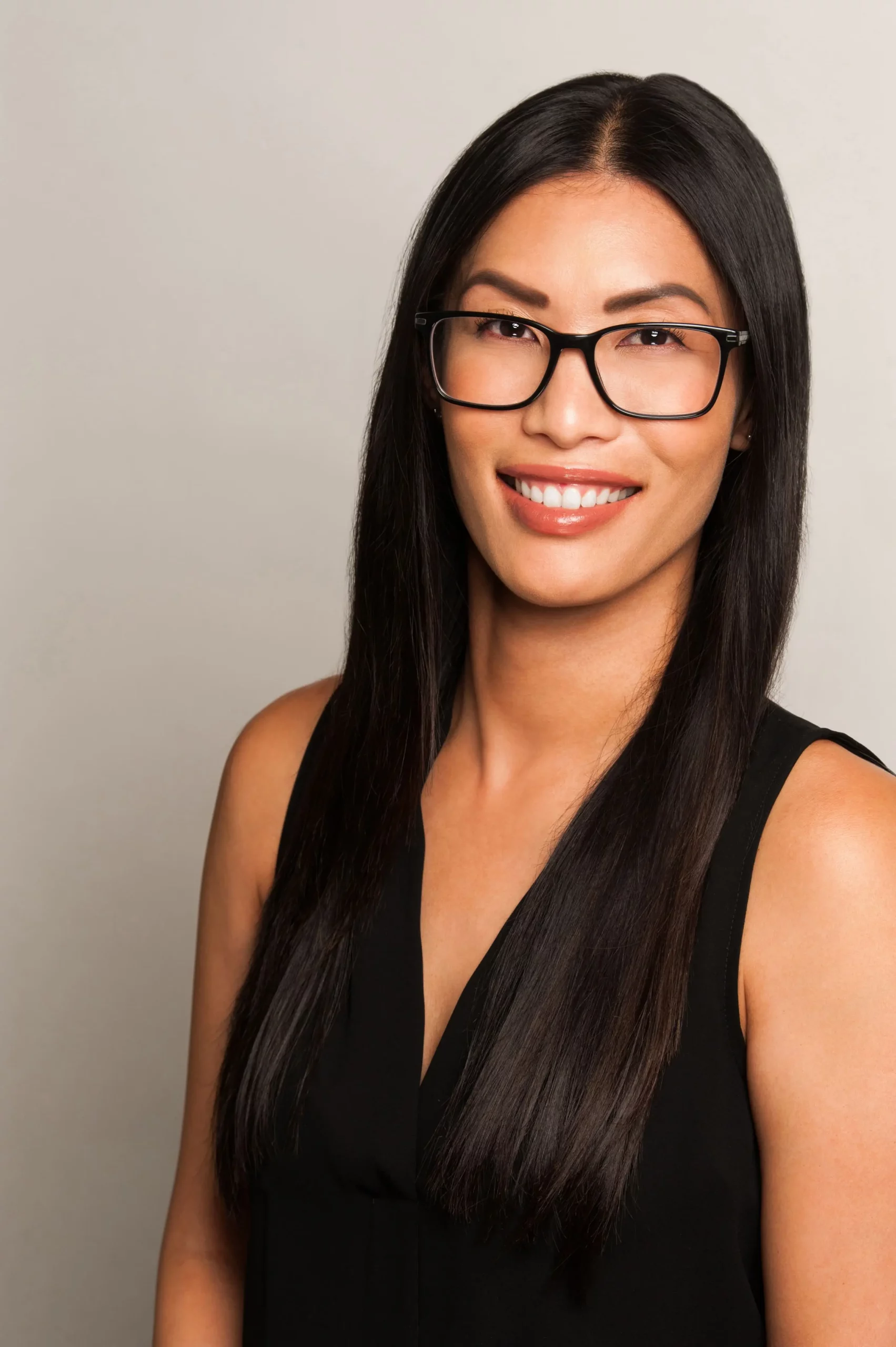
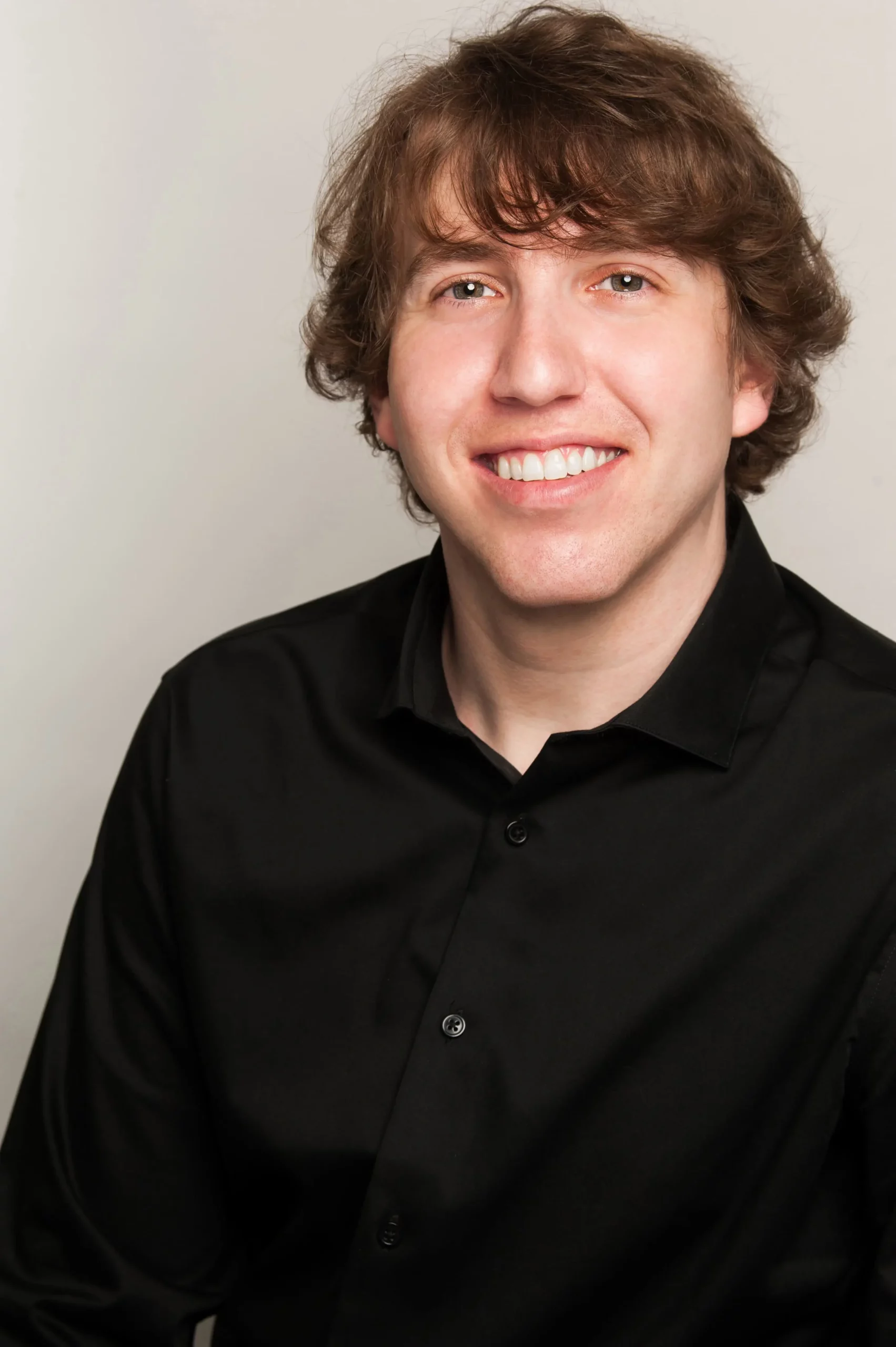
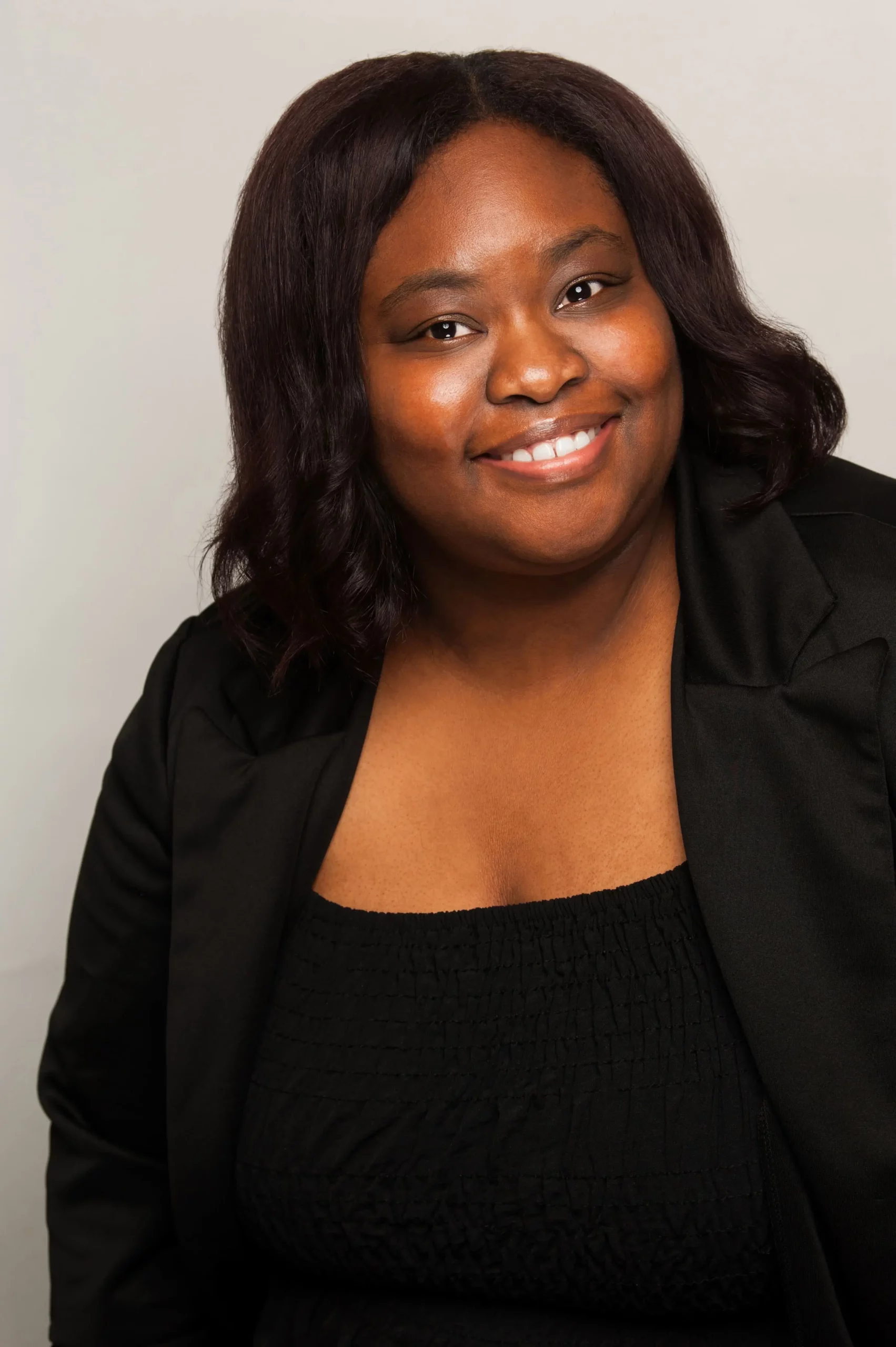
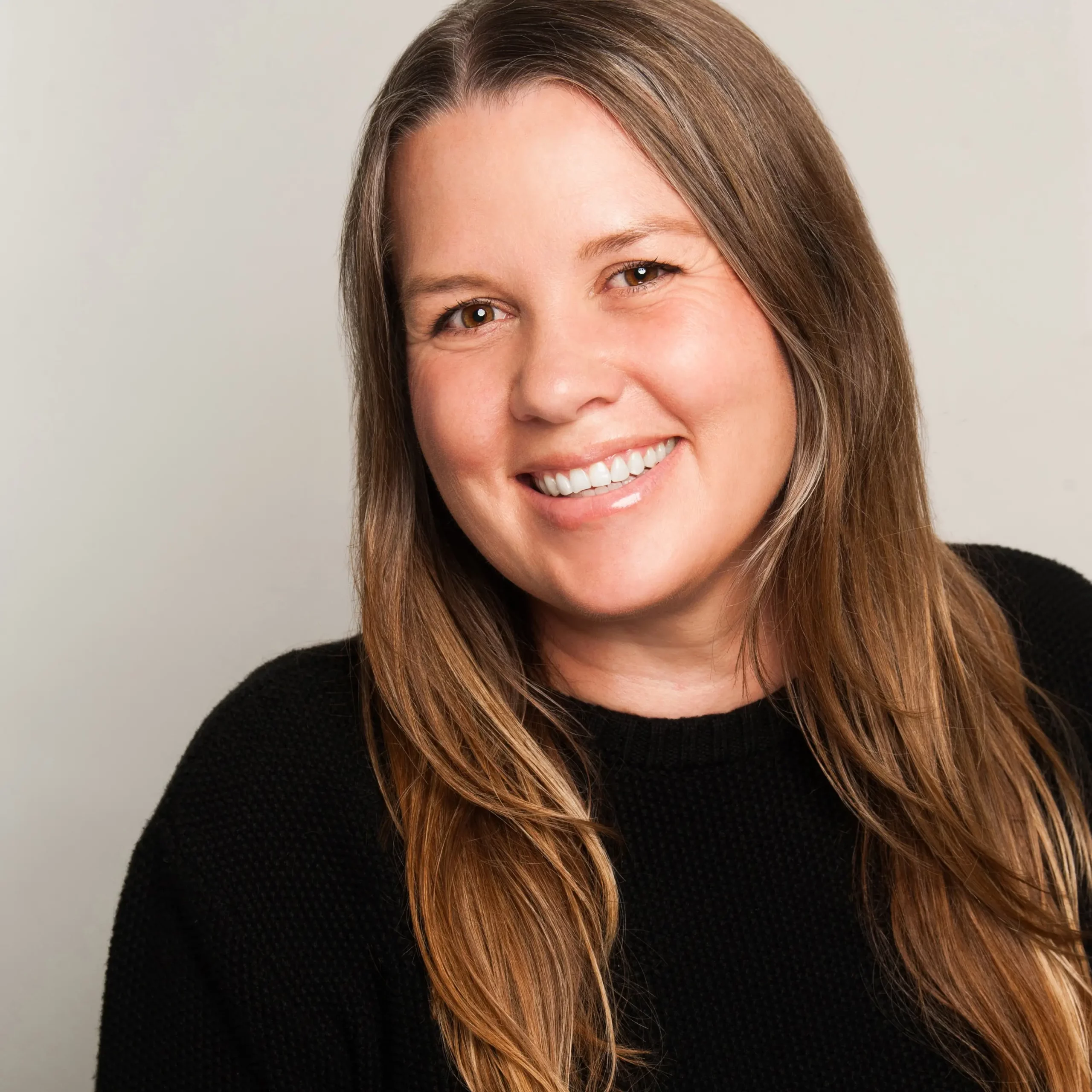
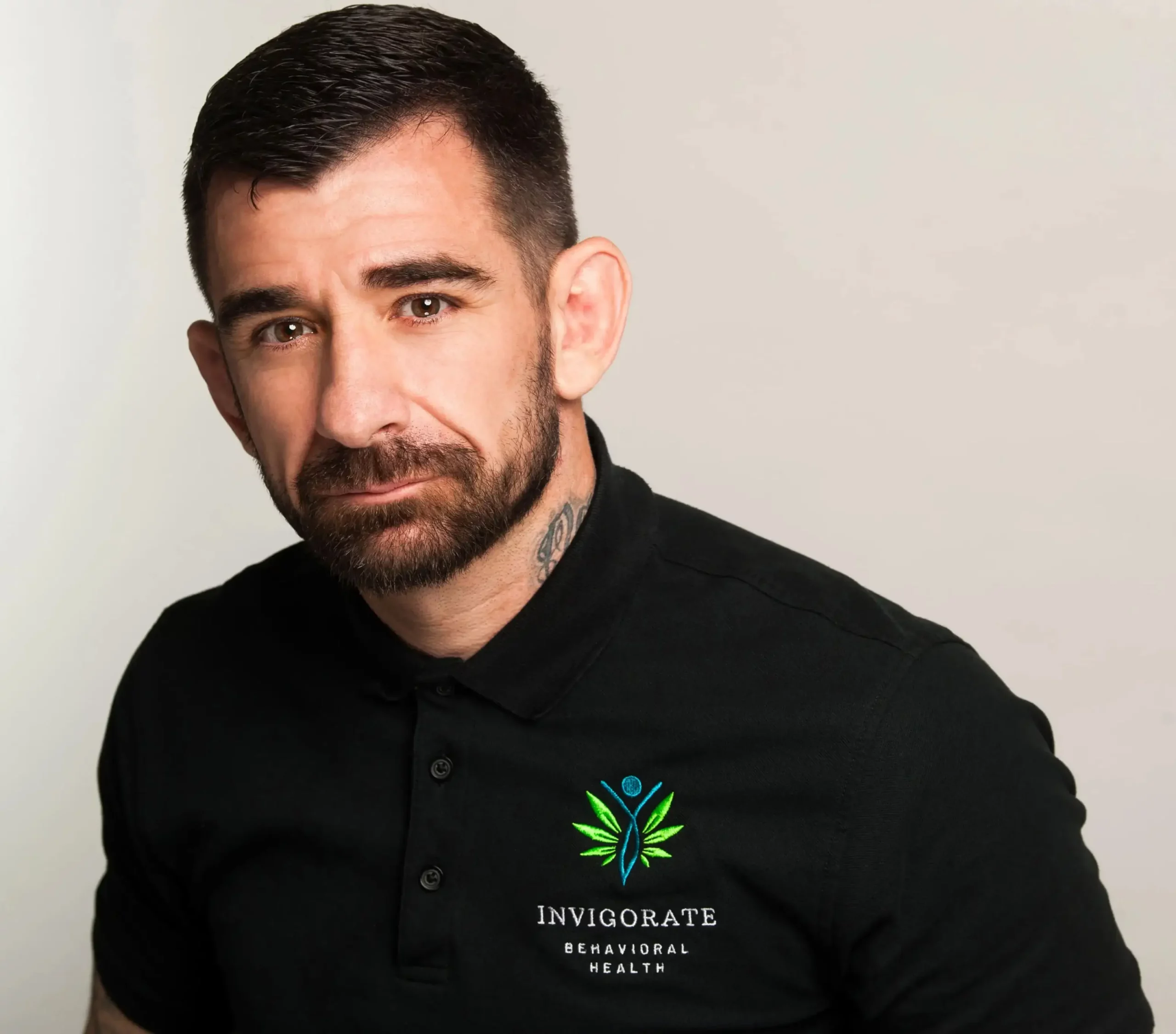
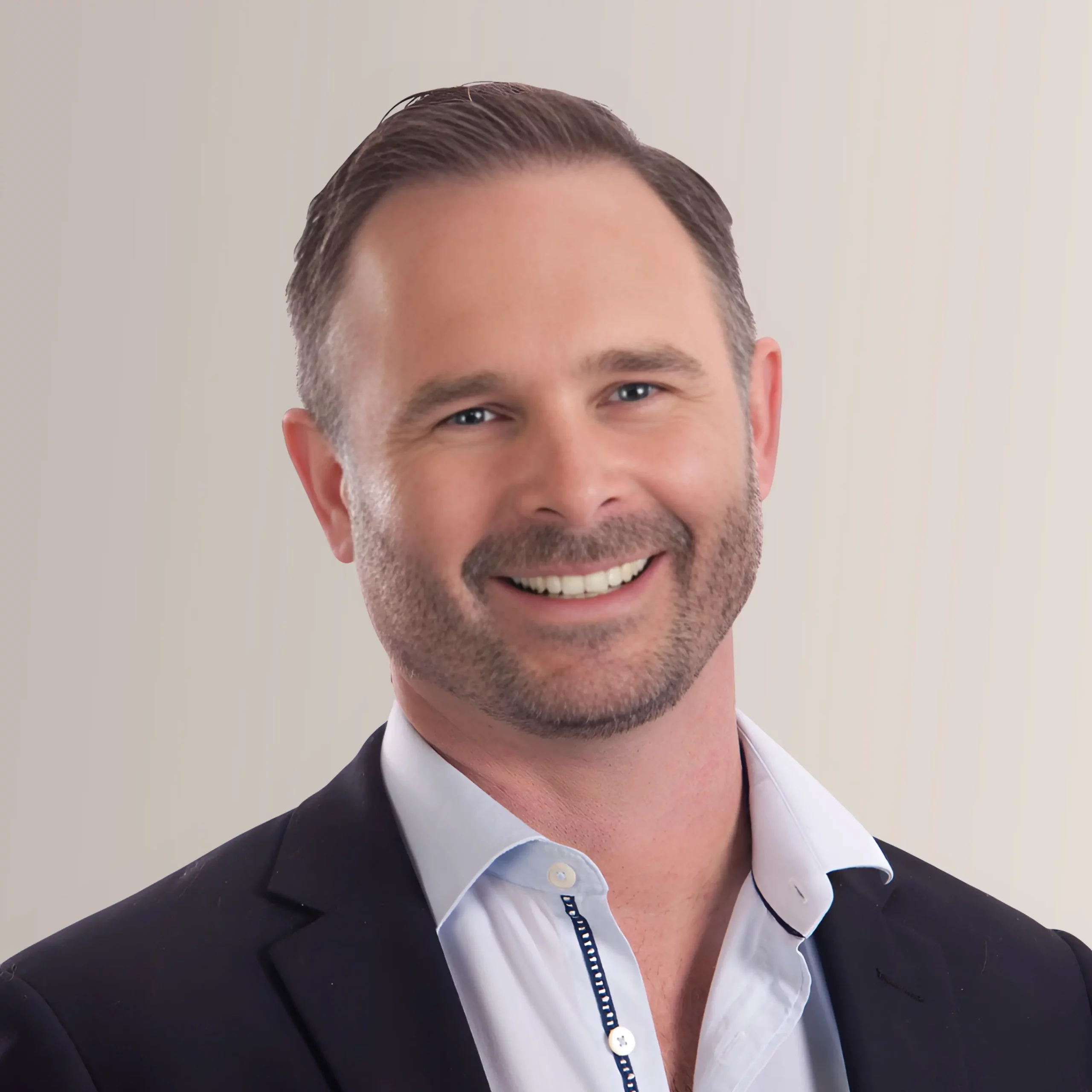
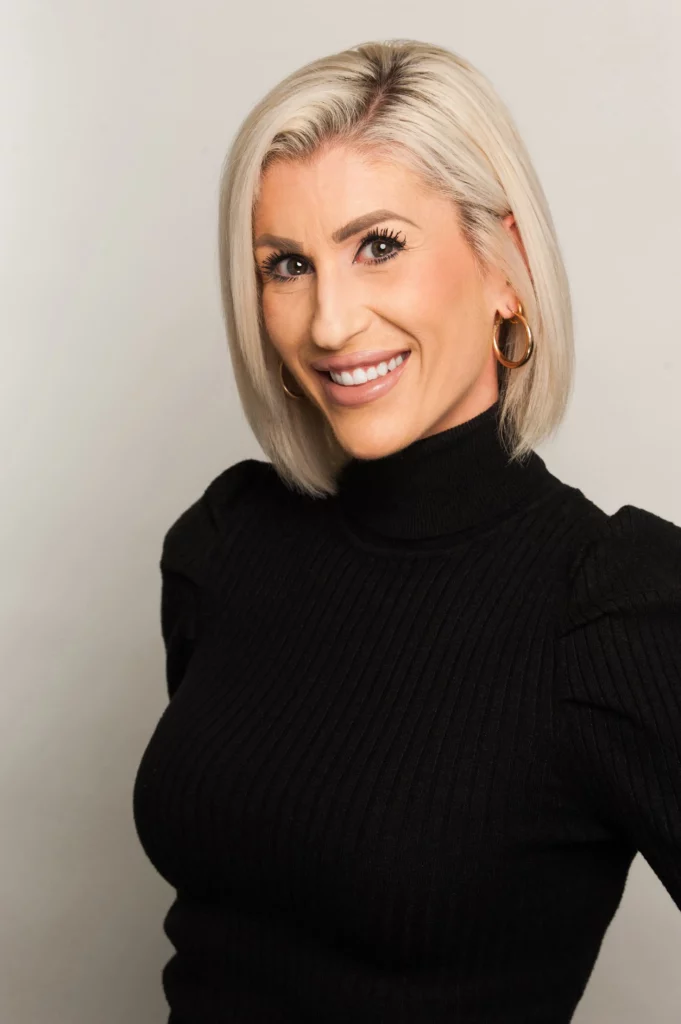
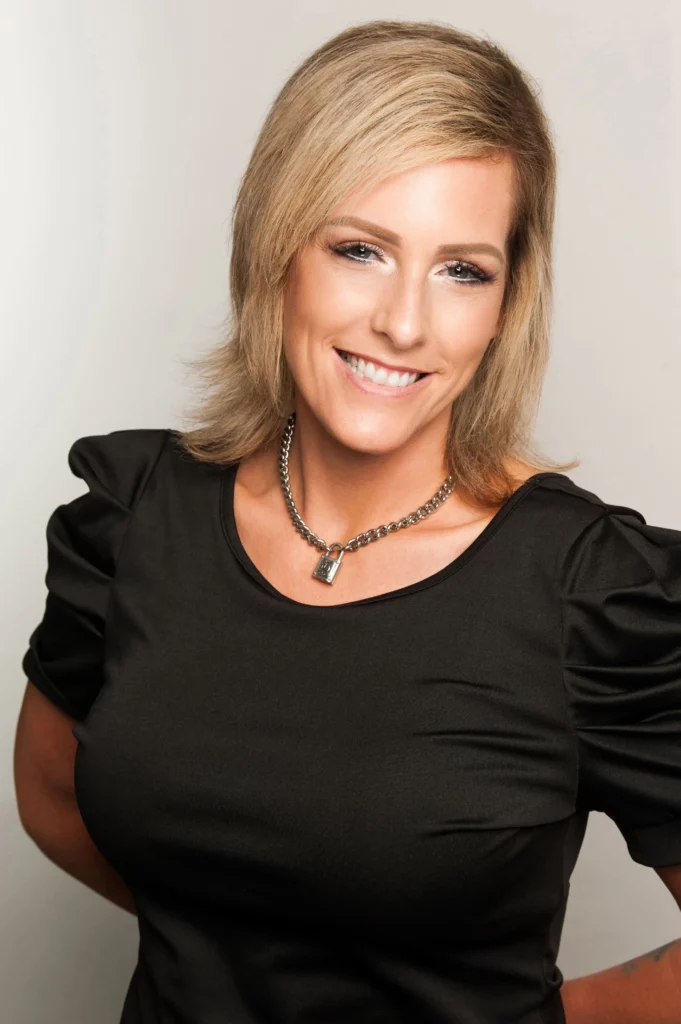
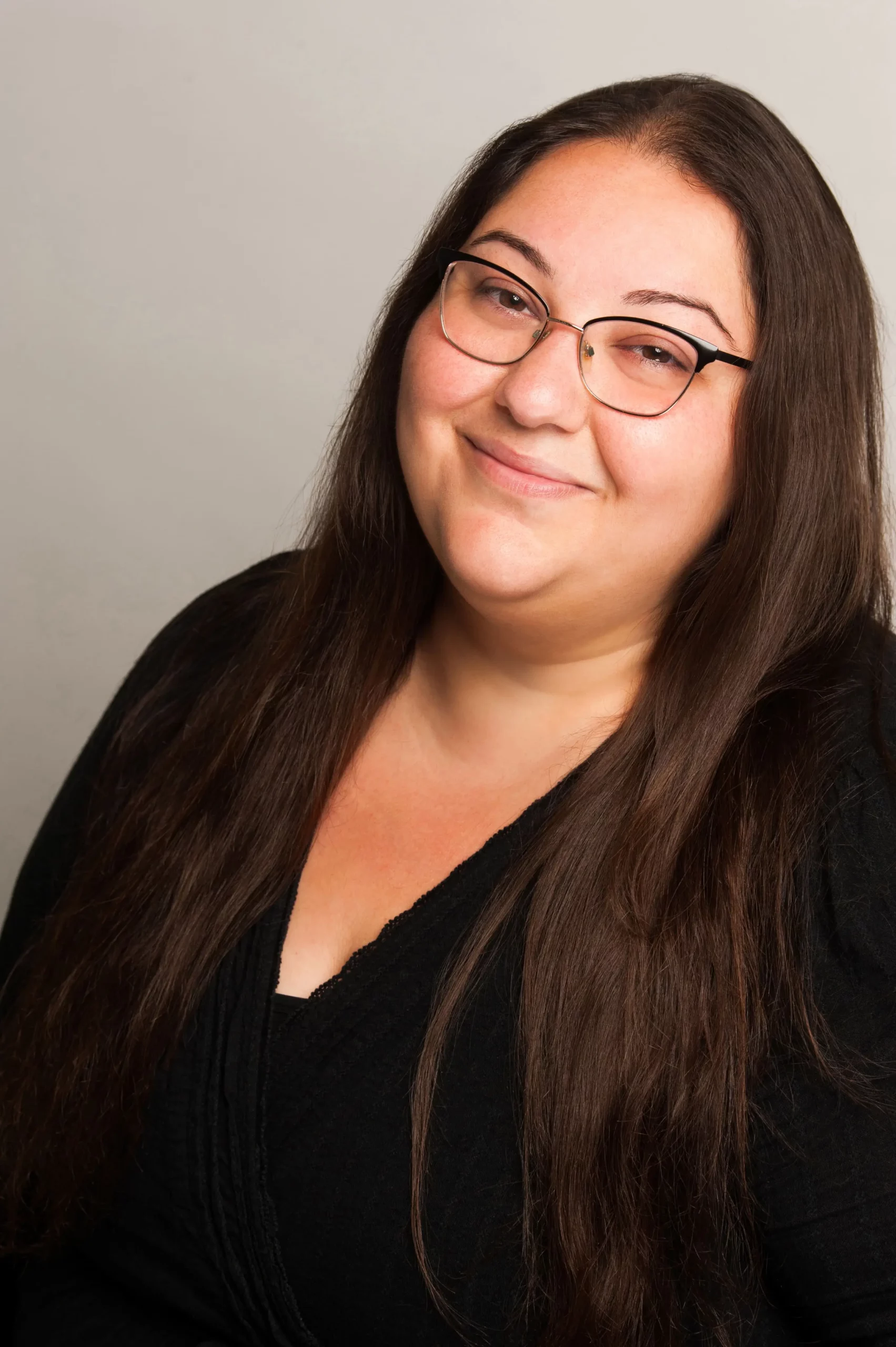
Dr. Arlene Ghahremani, otherwise known as “Dr G,” started her journey by getting her Bachelor of Science in Psychology from California State University, Los Angeles, and then went on to receive her Master’s of Arts degree in Marriage and Family Therapy from the University of Louisiana, Monroe. Ultimately, earning her Doctor of Philosophy in System Studies and Marriage and Family Therapy. Dr G. has had numerous years of experience working in dual-diagnosis treatment programs, treating mental health and substance use disorders. Dr G. has conducted and been a part of research studies that look at the dynamics of relationships and people suffering from PTSD.